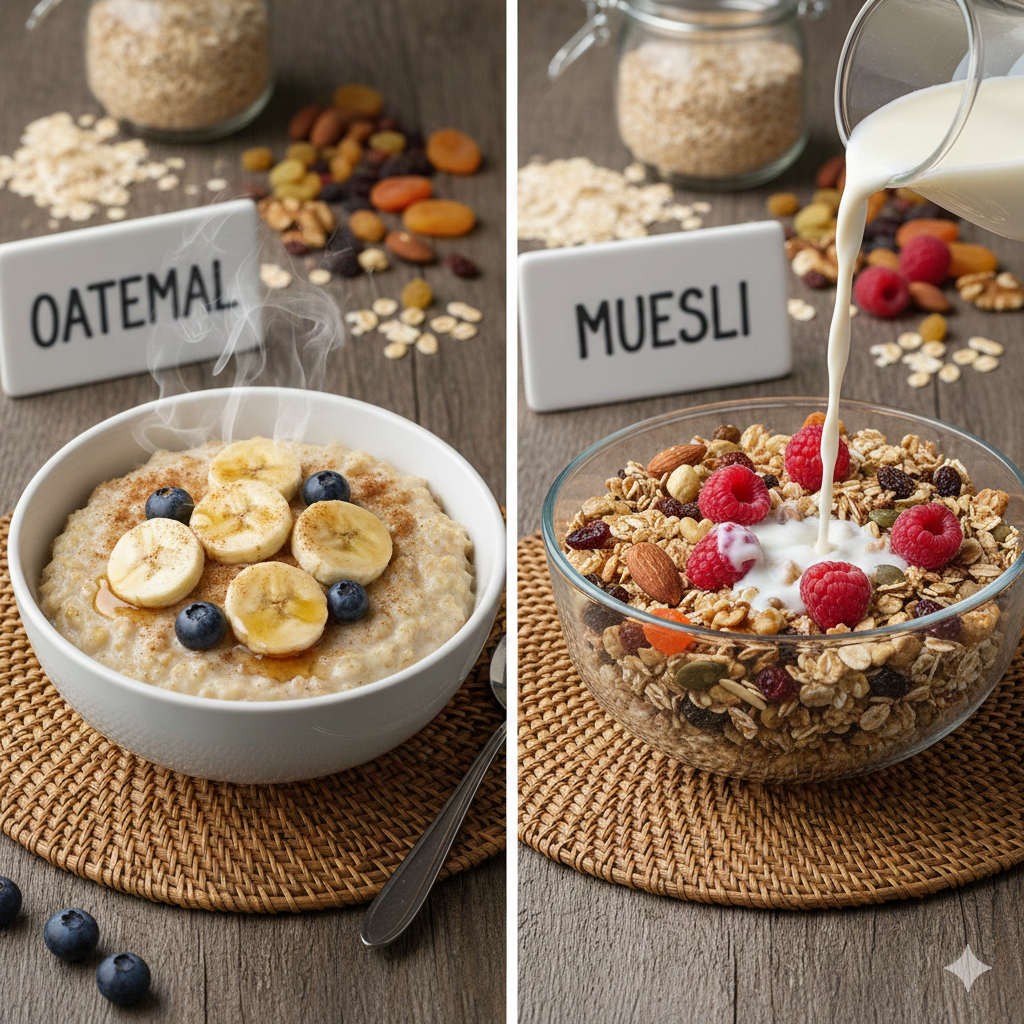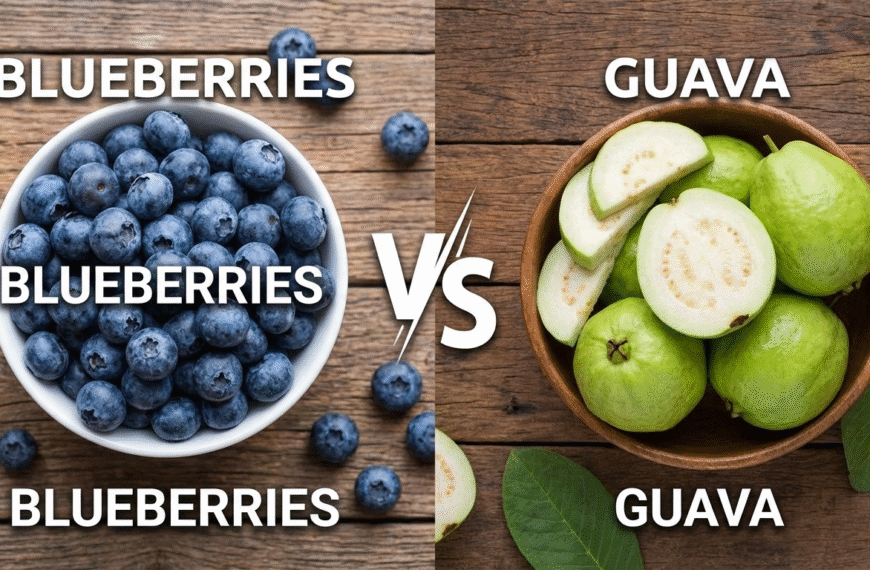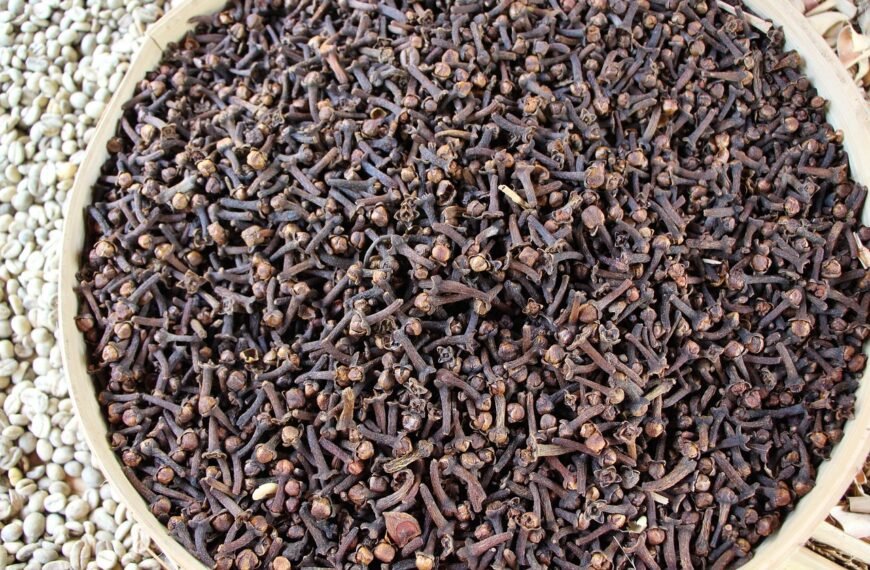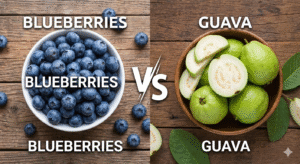The quest for a healthy breakfast often leads to two popular choices: oatmeal and muesli. Both are packed with oats and promise benefits for your gut and waistline, but they are fundamentally different. One is a warm, simple base, while the other is a ready-to-eat mix of textures and flavors.
If you’re trying to decide which bowl will better support your health goals, this simple comparison breaks down the key differences to help you choose your morning winner.
The Nutritional Face-Off
Understanding their basic nutritional profiles is the first step to making an informed choice.
Oatmeal (per 81g raw):
- Calories: ~307 kcal
- Protein: ~10.7 grams
- Carbs: ~54.8 grams
- Fiber: ~8.1 grams
- Sugar: ~0.8 grams (naturally low)
- Fat: ~5.3 grams
Muesli (per 100g):
- Calories: ~380 kcal
- Protein: ~10-12 grams
- Carbs: ~65-70 grams
- Fiber: ~6-8 grams
- Sugar: ~15-20 grams (varies with dried fruit)
- Fat: ~7-10 grams (from nuts and seeds)
Key Takeaway: Oatmeal is naturally lower in sugar and calories. Muesli often contains more fiber and healthy fats, but this comes with a significantly higher sugar content from added dried fruits.
Oatmeal: The Steady Energy Powerhouse
Oatmeal is a warm, comforting breakfast known for its ability to provide long-lasting energy and keep you feeling full for hours.
The Pros:
- Blood Sugar Control: Its beta – glucan fiber forms a gel in your stomach, slowing digestion. This helps stabilize blood sugar levels and reduces cravings.
- Gut Health Champion: Beta – glucan acts as a prebiotic, feeding the good bacteria in your gut and promoting healthy digestion.
- Clean Slate: With no inherent added sugars, it’s a pure base that you can customize healthily with fruits, nuts, or a dash of cinnamon.
The Cons:
- It can taste bland without toppings.
- Pre-flavored instant oatmeal packets are often loaded with hidden sugars.
- It’s easy to add high-calorie toppings like sugar or syrup.
Muesli: The Nutrient-Dense Mix
Muesli is a cold cereal mix of raw oats, nuts, seeds, and dried fruits, offering a crunchy and varied texture.
The Pros:
- Fiber and Fat Combo: The added nuts and seeds can boost the fiber and healthy fat content, which also aids satiety.
- Convenience: It requires no cooking – just add milk or yogurt
- Micronutrient Boost: The variety of ingredients provides a wider range of vitamins and minerals.
The Cons:
- Sugar Trap: The biggest drawback is the high sugar content from dried fruits in many store – bought varieties.
- Portion Control: It’s easy to over-serve, leading to a high-calorie meal.
- Sensitive Stomachs: The high fiber mix and dried fruits can cause bloating for some people.
The Final Verdict: Which Should You Choose?
Both can be part of a healthy diet, but your choice depends on your primary health goal.
Choose OATMEAL if:
Your main goals are weight loss, stable energy, and gut health. Its low sugar content and powerful beta-glucan fiber make it the superior choice for controlling appetite, feeding good gut bacteria, and managing blood sugar. for the best results ,opt for plain, steel – cut or rolled oats.
Choose MUESLI if:
You want a convenient, high – fiber breakfast with more texture and are diligent about reading labels. You must select an unsweetened variety and strictly watch your portion size to avoid excess sugar and calories.
For most people focused on weight loss and gut health, plain oatmeal is the more reliable and effective champion. If offers a clean, low-sugar canvas that provides steady energy and powerful digestive benefits, helping you stay on track with your wellness goals.


















